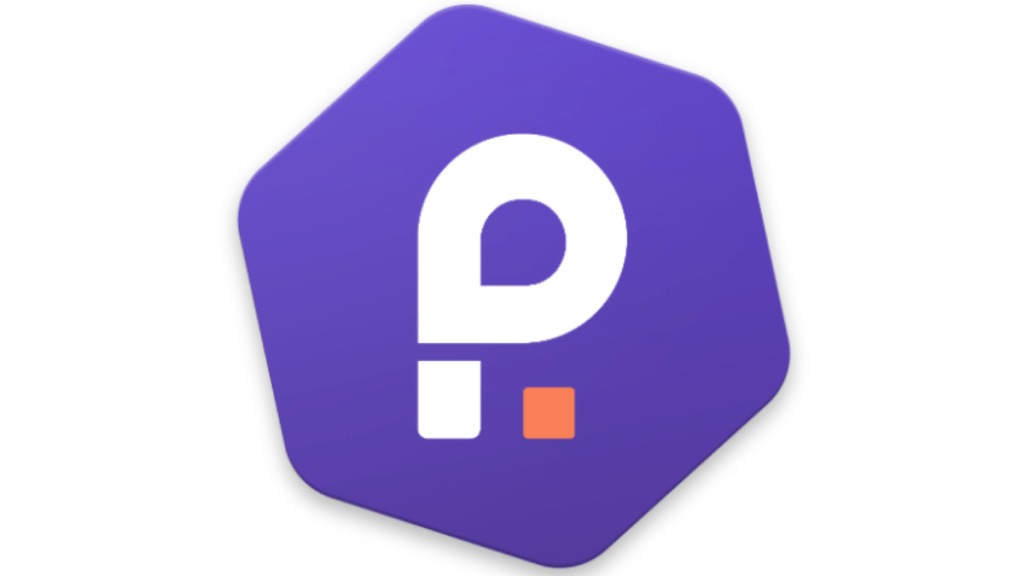India vs Bharat has been a debatable notion for quite a long time. The prime parameters that divide the definition of the two have the root of a socio-political context. The ‘rural market’ aka Bharat has been considered as a corporate lexicon and a potential opportunity by the new-age investors. Started its journey in 2015, the vernacular ed-tech platform Pariksha is one such Bharat-market oriented company that focuses on providing educational aid to the rural sector of the country. “Pariksha came into existence in June 2015. The purpose was to serve the underserved market of rural Bharat. We have studied that out of our 75 million aspirants, only 10% from affluent backgrounds were able to go to coaching institutes. But 90% of students could not afford coaching as Bharat is a price sensitive market. Since the last few years, the penetration of mobile phones in our country has solved the connectivity issues to a large extent. So we aim to take the coaching institute to unprivileged aspirants through mobile devices,” Karanvir Singh, founder, Pariksha, said.
In a recent development, Pariksha has collaborated on a three-year agreement with Vodafone Idea as an education partner. The company claims that the total consumer base which rounds up at around 28 crore, will benefit with the initiative. The edtech company also claims that for the first month, subscriptions will be free for the users. However, from next month onwards they will be charged a cost for the subscription, based on the plan values. The minimum plan starts at Rs 249, the company claimed. “The collaboration is done to increase the number of users and benefit both the companies mutually,” Singh added.
The ed-tech company claims it works on a business-to-consumer (B2C) model, however the model is tweaked in terms of offering and price when urban markets are compared with rural. This means, the business model applicable for metro cities won’t be fruitful for tier 2 or tier 3 cities or rural villages. “The five important things which one should understand to sustain in the Bharat model are credibility, trust, touch and feel factor, offline payment service, and solving the connectivity problem,” Singh said. The company has claimed that it has a business model similar to Coursera or Netflix, where platforms collaborate with other conglomerates or business giants to advance a mutually beneficial growth plan on a shared revenue basis, as well as keeping rooms for independent subscribers. Pariksha claims to have partnered with institutions including Chanakya Mandal Pariwar, Maharashtra and Kautilya Academy, Madhya Pradesh among others.
Regulatory filings accessed by business intelligence platform Tofler reveals that Pariksha’s revenue from operations increased around 160% to Rs 3.4 crore in FY21 from Rs 1.3 crore, during the same period in the previous fiscal. The company’s net loss widened 64% to Rs 4.2 crore in FY21 as compared to Rs 2.5 crore in FY20. The ed-tech claimed that last year it raised a fund worth $2 million and is planning to go for another round of fundraising worth $10 million. In FY21, Pariksha claims to have enrolled around 1,02,000 students from different states.
Starting with only government job oriented courses, Pariksha claims to have introduced vernacular upskilling programmes, serving over 50 lakhs students in 16 states across the country in eight vernacular language based course contents. “In terms of content, we have a hybrid strategy where practice and mock tests are Pariksha’s own products, whereas coaching and live classes are conducted in collaborative form,” Singh said.
Read Also: Biggest target of cyber threats is Indian education sector, says report


